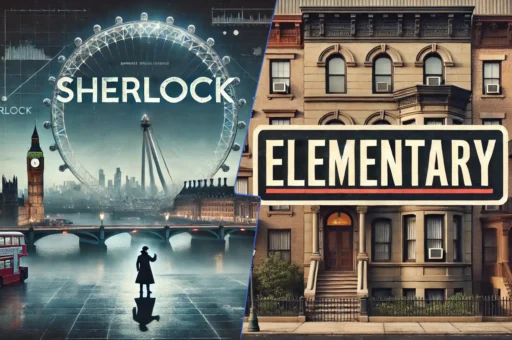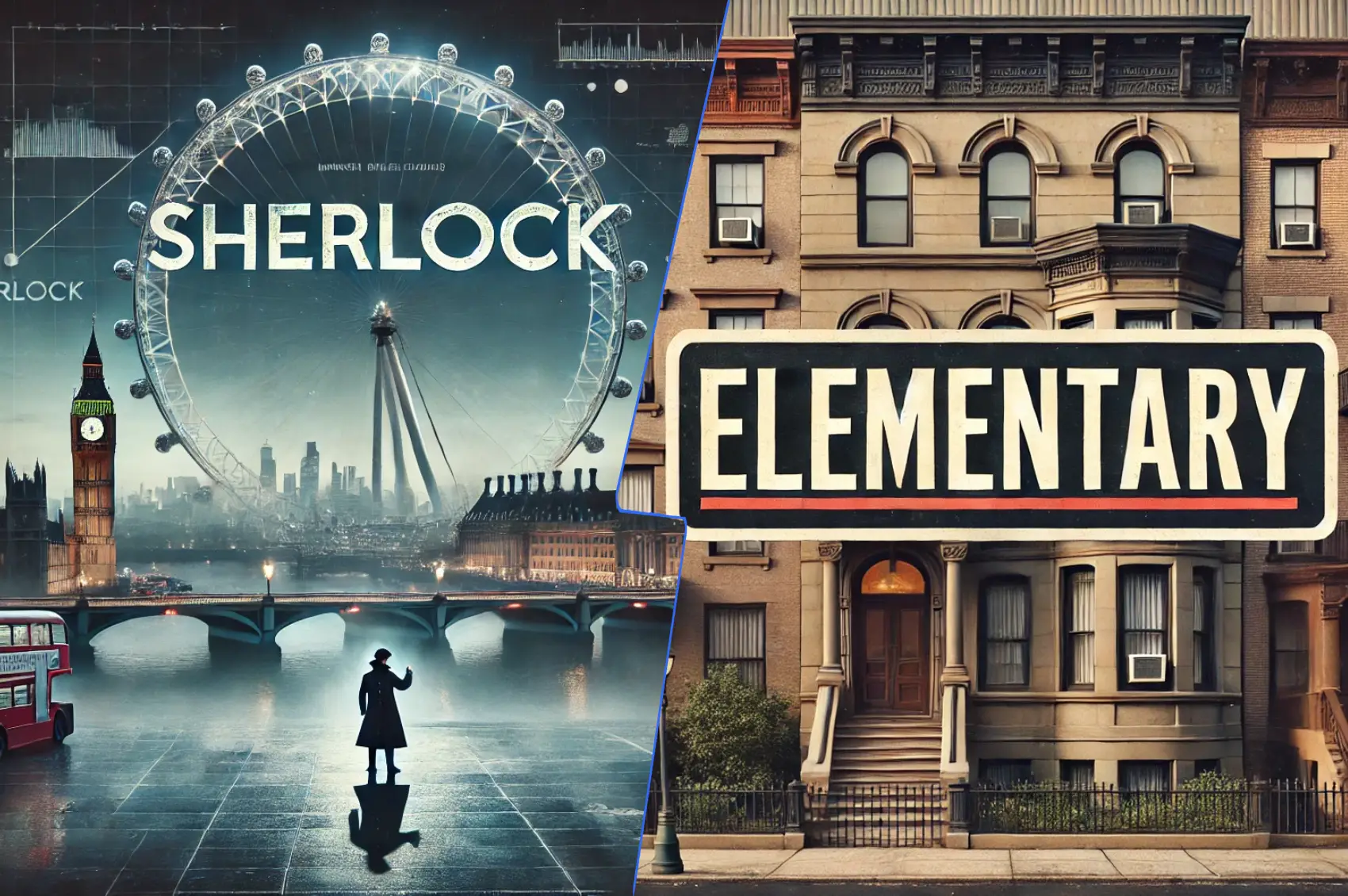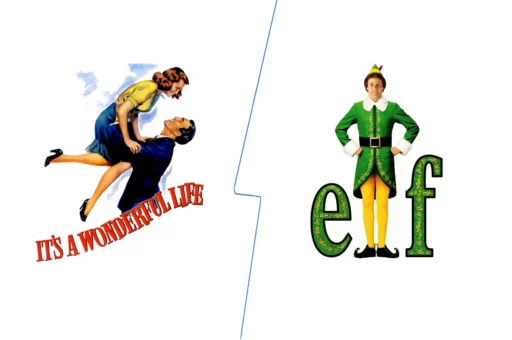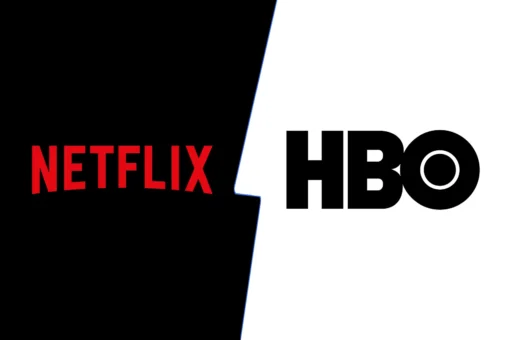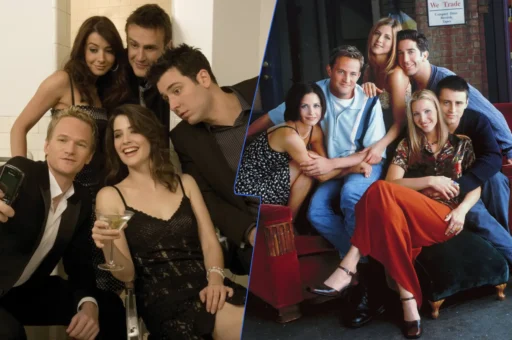Introduction
Sherlock Holmes, the iconic detective created by Sir Arthur Conan Doyle, has been adapted into numerous films and television series. Among these adaptations, “Sherlock” and “Elementary” stand out for their modern take on the classic detective stories. This article explores the two series, comparing their actors, themes, character development, and cultural impact.
Overview of Sherlock Holmes
Sherlock Holmes is a fictional detective known for his keen observational skills, logical reasoning, and use of forensic science. Created by Sir Arthur Conan Doyle, Sherlock Holmes first appeared in “A Study in Scarlet” in 1887. Doyle’s stories have left a lasting legacy, influencing detective fiction and popular culture.
Series Overview
Sherlock
Sherlock, created by Steven Moffat and Mark Gatiss, premiered on the BBC in 2010. Set in modern-day London, the series stars Benedict Cumberbatch as Sherlock Holmes and Martin Freeman as Dr. John Watson. Sherlock is known for its contemporary twist on the classic tales, blending traditional elements with modern technology and sensibilities.
Elementary
Elementary, created by Robert Doherty, debuted on CBS in 2012. This series relocates Sherlock Holmes to New York City and introduces a gender-swapped Dr. Joan Watson, played by Lucy Liu, alongside Jonny Lee Miller as Sherlock Holmes. Elementary offers a fresh take on the characters, exploring themes of addiction and recovery.
Detailed Analysis of Each Series
Sherlock
Actors and Performances
- Benedict Cumberbatch (Sherlock Holmes): Known for his sharp, intense portrayal of Holmes.
- Martin Freeman (Dr. John Watson): Provides a grounded, relatable counterpart to Sherlock’s eccentricity.
- Supporting Cast: Includes Mark Gatiss (Mycroft Holmes) and Andrew Scott (Moriarty), both delivering memorable performances.
Themes and Character Development
- Modern Adaptation: Utilizes modern technology and settings to bring Holmes’s detective work into the 21st century.
- Character Depth: Explores Sherlock’s psychological complexity and his evolving friendship with Watson.
- Narrative Style: Known for its intricate plots, fast-paced dialogue, and visual storytelling techniques.
Narrative Continuity and Effects
- Strong Narrative Arc: Each episode is a feature-length film, maintaining high production values and continuity.
- Visual Effects: Uses innovative visual effects to represent Sherlock’s thought processes and deductions.
- Music and Soundtrack: The soundtrack by David Arnold and Michael Price enhances the series’ dramatic and emotional impact.
Reception by Fans and Critics
- Critical Acclaim: Holds a 91% approval rating on Rotten Tomatoes and an 8.4/10 rating on IMDb.
- Awards: Won numerous awards, including Emmys and BAFTAs.
- Fanbase: Strong global following, with significant online fan communities and fan fiction.
Elementary
Actors and Performances
- Jonny Lee Miller (Sherlock Holmes): Portrays a more emotionally complex and rehabilitating Holmes.
- Lucy Liu (Dr. Joan Watson): Brings a fresh dynamic as a female Watson, exploring themes of partnership and mentorship.
- Supporting Cast: Includes Aidan Quinn (Captain Gregson) and Jon Michael Hill (Detective Bell), providing robust support.
Themes and Character Development
- Addiction and Recovery: A major theme, reflecting Sherlock’s struggle with substance abuse and his journey to sobriety.
- Partnership: Explores the evolving partnership between Holmes and Watson, emphasizing mutual respect and personal growth.
- Character Backstories: Provides detailed backstories and development for both main and supporting characters.
Narrative Continuity and Effects
- Episodic Structure: More traditional procedural format with overarching storylines that develop over seasons.
- Realism: Emphasizes a realistic portrayal of detective work and personal struggles.
- Visual Style: Less stylized than Sherlock, focusing on character-driven storytelling.
Reception by Fans and Critics
- Critical Acclaim: Holds a 96% approval rating on Rotten Tomatoes and a 7.9/10 rating on IMDb.
- Awards: Nominated for several awards, including Emmys.
- Fanbase: Steady viewership with a dedicated fanbase, particularly appreciated for its character development and realistic themes.
Comparisons and Insights
Storytelling and Themes
- Sherlock: Focuses on high-stakes mysteries and the psychological intricacies of its characters. The storytelling is fast-paced and visually dynamic.
- Elementary: Emphasizes character development and the personal growth of Holmes and Watson. The series addresses themes of addiction, recovery, and partnership in a more grounded manner.
Character Development
- Sherlock: Highlights the evolution of Sherlock and Watson’s friendship, with intense character arcs and emotional depth.
- Elementary: Provides a more consistent and slow-burning character development, focusing on personal struggles and the evolving dynamics between characters.
Cultural Impact and Legacy
- Sherlock: Made a significant cultural impact with its modern twist on classic tales, influencing other adaptations and maintaining a strong presence in popular culture.
- Elementary: Respected for its fresh take on the characters and its emphasis on realistic issues, contributing to the ongoing conversation about addiction and recovery.
Numbers and Records
- Sherlock:
- Episodes: 13
- Budget: Estimated $2-3 million per episode
- Viewership: Millions globally per episode, with high streaming numbers
- Ratings: 91% on Rotten Tomatoes, 8.4/10 on IMDb
- Elementary:
- Episodes: 154
- Budget: Estimated $3-4 million per episode
- Viewership: Consistently strong, particularly in the US
- Ratings: 96% on Rotten Tomatoes, 7.9/10 on IMDb
Conclusion
Sherlock and Elementary each offer unique interpretations of the Sherlock Holmes stories. Sherlock captivates with its modern setting, fast-paced narrative, and visual flair, while Elementary provides a grounded, character-driven approach with a focus on personal growth and realistic issues. Both series have left a lasting impact on television and continue to be celebrated by fans worldwide.
Engage with Us
What are your thoughts on Sherlock and Elementary? Share your experiences and opinions in the comments below! Don’t forget to share this article on social media to join the conversation about these two compelling series.
Inbound Link Suggestions:
- Sitcom Showdown: How I Met Your Mother vs. Friends
- Comparing The Chronicles of Narnia and Harry Potter
- Breaking Bad vs. The Sopranos: A Battle of TV Legends
Outbound Link Suggestions:
